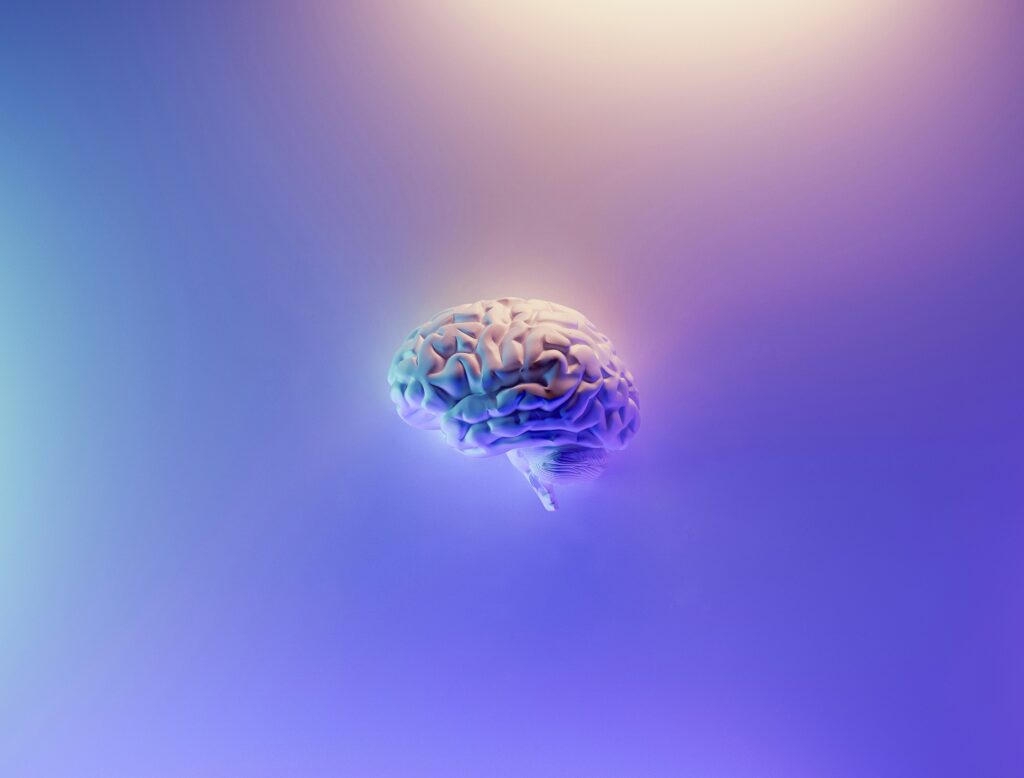How Solving Riddles Can Improve Your Cognitive Skills
Riddles are more than just a fun pastime; they are a powerful tool for enhancing cognitive abilities. Engaging in riddle-solving can sharpen your mind, improve problem-solving skills, and boost creativity. Whether you’re a child learning new ways to think or an adult looking to keep your brain active, riddles offer numerous benefits. In this blog, we’ll explore how solving riddles can improve your cognitive skills and why they should be a regular part of your mental exercise routine.
Enhancing Problem-Solving Skills
At the heart of every riddle is a problem that needs solving. Riddles require you to analyze the information provided, think critically, and often approach the problem from different perspectives. This process of problem-solving is similar to tackling complex issues in real life, where you must evaluate the available information, consider possible solutions, and choose the best course of action.
When you solve riddles, you practice breaking down problems into smaller, more manageable parts. This analytical thinking can help you in various situations, whether you’re working on a challenging project at work or trying to figure out the best route to take on a road trip. The more you engage in riddle-solving, the better you become at thinking logically and strategically.
Boosting Memory and Concentration
Riddles often require you to remember specific details and keep track of multiple pieces of information simultaneously. For example, when solving a riddle about a sequence of events or a puzzle involving several characters, you need to hold various facts in your mind to arrive at the correct solution. This practice can enhance your working memory, which is the ability to store and manipulate information over short periods.
Improved memory and concentration are essential skills for daily life. Whether you’re learning a new skill, studying for an exam, or trying to remember a grocery list, the ability to retain and recall information is crucial. By regularly solving riddles, you exercise your brain’s memory centers, making it easier to remember important details and focus on tasks for longer periods.
Encouraging Creative Thinking
Riddles often challenge you to think outside the box and approach problems in unconventional ways. Unlike straightforward questions, riddles may have multiple solutions or require a lateral thinking approach—considering a problem from an angle that isn’t immediately obvious. This kind of creative thinking is valuable in many aspects of life, from coming up with innovative ideas at work to finding unique solutions to everyday challenges.
Engaging with riddles encourages flexibility in thinking, allowing you to see beyond the obvious and explore new possibilities. This adaptability can be particularly beneficial in a world that constantly changes, where being able to think creatively can set you apart in both personal and professional settings.
Reducing Stress and Promoting Relaxation
Solving riddles can also have a calming effect on the mind. When you’re focused on cracking a challenging puzzle, you tend to forget about the stresses of everyday life, allowing your brain to relax. This mental break can help reduce stress levels and improve overall well-being. Moreover, the sense of accomplishment you feel when you solve a riddle can boost your mood and increase your confidence.
Incorporating riddles into your daily routine can provide a much-needed escape from the pressures of work or school. Whether you’re solving riddles alone or with friends, the process of working through a puzzle can be both rewarding and relaxing, offering a productive way to unwind.
Improving Vocabulary and Language Skills
Riddles often play with words, requiring a good understanding of language to solve them. Wordplay, puns, and double meanings are common in riddles, and solving them can help improve your vocabulary and language comprehension. For example, riddles that involve homophones—words that sound the same but have different meanings—encourage you to think about language in new ways and understand the nuances of words.
A rich vocabulary and strong language skills are valuable in many areas of life, from effective communication in social situations to excelling in academic or professional writing. By regularly engaging with riddles, you can enhance your understanding of language and become a more articulate communicator.
Strengthening Social Connections
Riddles are not just solitary activities; they can also be a great way to connect with others. Sharing riddles with friends, family, or colleagues can spark conversations, encourage teamwork, and foster a sense of camaraderie. When people work together to solve a riddle, they share ideas, build on each other’s suggestions, and celebrate their successes together.
This collaborative aspect of riddles can strengthen social bonds and improve interpersonal skills. Whether you’re using riddles as an icebreaker at a party or as a fun activity in the classroom, they provide an engaging way to connect with others and build relationships.
Conclusion
Riddles offer a host of cognitive benefits, from enhancing problem-solving skills and memory to encouraging creative thinking and reducing stress. By incorporating riddles into your daily routine, you can keep your mind sharp, improve your language skills, and enjoy a fun and rewarding mental workout. So, the next time you’re looking for a way to challenge your brain, grab a riddle and get solving. You might be surprised at just how much you can learn and grow from these deceptively simple puzzles.


